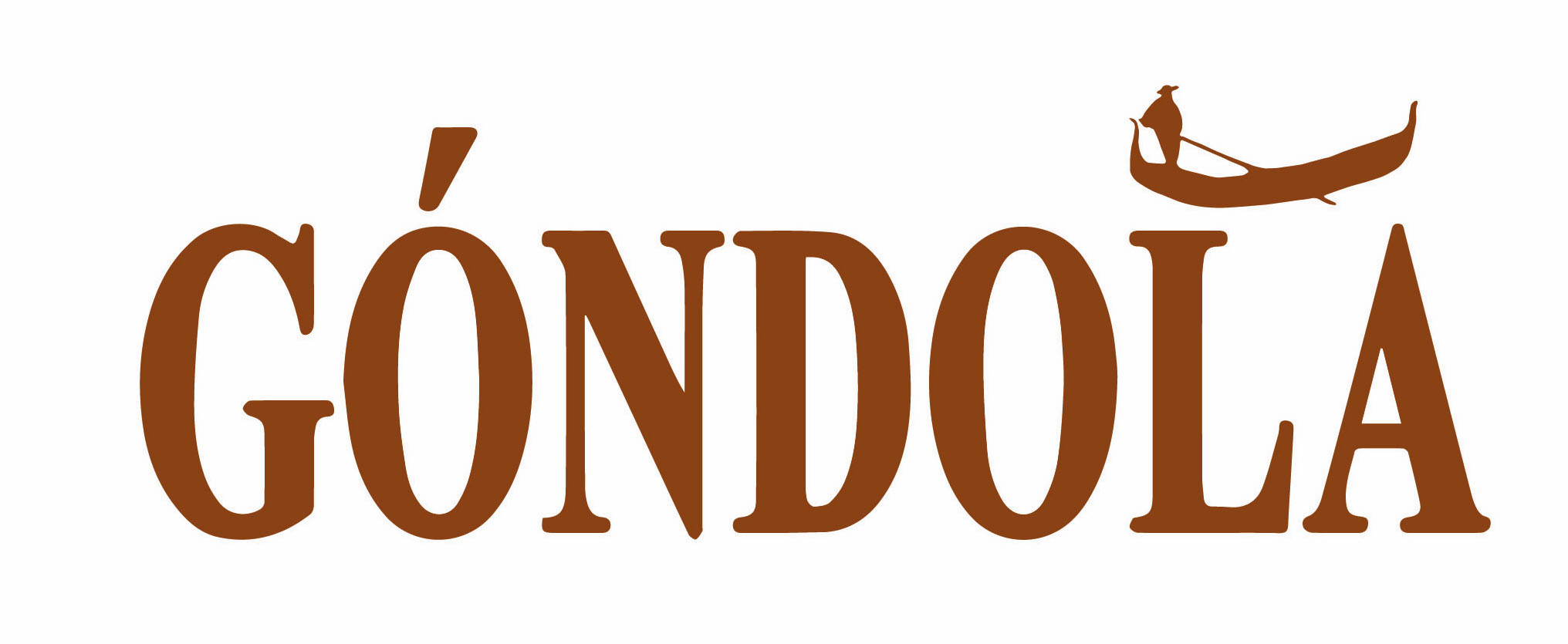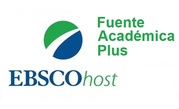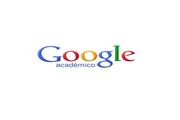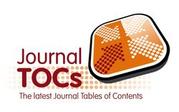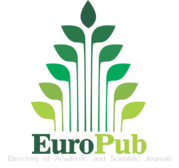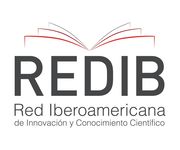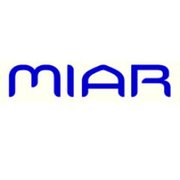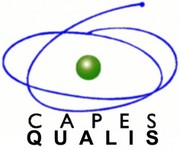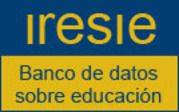DOI:
https://doi.org/10.14483/23464712.5219Published:
2010-01-01Un software como complemento para el análisis de la practica experimental del péndulo
A software as complement for analysis of pendulum experimental practice
Keywords:
Geogebra, pendulum, physics teaching, educational software (en).Keywords:
Geogebra, péndulo, enseñanza de la Física, Software educativo. (es).Downloads
Abstract (es)
En este trabajo se muestra un modo de aplicar el software “Geogebra” como elemento que permite ampliar y sacar mayor provecho de resultados obtenidos en prácticas experimentales, para este caso sobre el estudio del péndulo simple con extensión al péndulo doble. El objetivo principal es aprovechar las inquietudes y conocimientos generados en la actividad experimental para generar en los estudiantes otras posibilidades de análisis del fenómeno. Este es un material pensado para ofrecer al(a) docente modos alternativos de tratar los conceptos de la Física con el fin de desarrollar procesos de pensamiento en sus estudiantes por medio de la reflexión, el debate, el análisis y el planteamiento de posibles proyectos de investigación.
Abstract (en)
This work shows a way to apply the software "Geogebra" as an element that allows to expand and take advantage of results obtained in experimental practices, for this case on the study of the simple pendulum with extension to the double pendulum. The main objective is to work on ideas and knowledge generated in the experimental activity to produce in the student's other possibilities of analysis of the phenomenon. This is a material designed to offer the teacher alternative ways of dealing with the concepts of physics in order to develop thought processes in their students through reflection, debate, analysis and the possible project research proposals.
References
AZEVEDO. Using hypermedia as a metacognitive tool for enhancing student learning?. The role of self-regulated learning. Educational Psychologist, 40(4), 2005. pp 199-209.
BARBERÁ, O.; VALDÉS,P. El trabajo práctico en la enseñanza de las ciências: una revisión. Revista Enseñanza de las Ciências. 14 (3). España.1996.
CAMPANARIO, JM. El desarrollo de la metacognición en el aprendizaje de las ciencias: Estrategias para el profesor y actividades orientadas al alumno. Enseñanza de Las Ciências. 18 (3), 2000. Pp.369-380.
FLAVEL, J. Monitoring social cognitive enterprises: something else that may develop in the area of social cognition. In Flavel, J. & Ross L.(eds.) Social Cognitive Development. NYC: Cambridge University Press.1981.
FREITAS, MS; BORGES, FS; FILHO, JBD. Abordagem qualitativa da série de Fourier através da análise de sinais eletroencefalográficos. Universidade Federal de Uberlândia, 2008.
HOHENWARTER, M.; HOHENWARTER,J. GeoGebra Manual oficial de la version 3.2. 2009. Disponível em www.geogebra.org
LÉCUYER, A; LOTTE, F; REILLY, R; LEEB, B; HIROSE, M; SLATER, M. Brain-Computer Interfaces, Virtual Reality, and Videogames, IEEE Computer, V41, N. 10, pp. 66-72, 2008
LEVY, P. Interface - Comunicação, Saúde, Educação. Interface (Botucatu) V.3 N.4 Botucatu Feb. 1999
POZO, J.; GOMEZ, M. A aprendizagem e o ensino de Ciências. 5.ed. Artmed: Porto Alegre. 2009. pp.109
RESNICK, R.;HALLYDAY,D.; KRANE,K. Física. V1. Tercera Edición. Compañía Editorial Continental. México.1993. pp 362-365.
SEARS, S. Física Universitaria. Editorial Addison-Weesley.V.1. 1996, pp.495-498.
VALENTE, JA. Computadores e Conhecimento: Repensando a Educação. Diferentes usos do computador na Educação. Editora da Universidade Estadual de Campinas, Campinas, 1995.
ZARETSKY, E; BAR, V. How to Develop Meta Cognition to Thinking Process in order to Improve Investigation Skill. Systemics, Cybernetics and Informatics, 4(1), 2005.
How to Cite
APA
ACM
ACS
ABNT
Chicago
Harvard
IEEE
MLA
Turabian
Vancouver
Download Citation
License
Gondola, Ens Aprend Cienc. is an open-access publication, free of charge for authors and readers. The publication, consultation or download of the contents of the magazine does not generate any cost for the authors or the readers, since the Francisco José de Caldas District University assumes the expenses related to edition, management and publication. The peer evaluators do not receive any economic retribution for their valuable contribution. The work of all the actors mentioned above is understood as a contribution to the strengthening and growth of the research community in the field of Science Education.
As of December 1, 2018 the contents of the journal are published under the terms of the Creative Commons License Attribution-Noncommercial- ShareAlike 4.0 International (CC-BY-NC-SA 4.0), under which others may distribute, remix, retouch, and create from the work in a non-commercial way, give credit and license their new creations under the same conditions.
The copyright holders are the authors and the journal Gondola, Ens Aprend Cienc. The holders retain all rights without restrictions, respecting the terms of the license in terms of consultation, downloading and distribution of the material.
When the work or any of its elements is in the public domain according to the applicable law in force, this situation will not be affected by the license.
Likewise, we encourage authors to deposit their contributions in other institutional and thematic repositories, with the certainty that culture and knowledge is a good of all and for all.



